
Something I have run up against repeatedly over years of discussing Marxist politics in person and online is the myth that Lenin mistakenly believed socialism to be a form of capitalism. One piece of “evidence” for this claim is a quote drawn from Lenin’s “The Impending Catastrophe and How to Combat It.” In the section titled “Can We Go Forward If We Fear to Advance Toward Socialism?” Lenin argued, “For socialism is merely the next step forward from state-capitalist monopoly. Or, in other words, socialism is merely state-capitalist monopoly which is made to serve the interests of the whole people and has to that extent ceased to be capitalist monopoly” (emphasis in original).
To critics of Bolshevism, this snippet represents a damning indictment of how far Lenin departed from Marx’s understanding of socialism. The social-democratic SPGB, one the groups who frequently employ the quote to dismiss Lenin’s politics, has claimed that “Lenin knew that he was introducing a new definition of socialism here which was not to be found in Marx.” Alongside the SPGB are a large number of anarchist or “libertarian communist” websites that have latched onto the quote as indicative of Lenin’s purportedly nefarious political designs. “Lenin was clear what kind of economy he was aiming for,” claims one anarchist brochure, “a state capitalist one.” Another anarchist site buries the quote deep within a pile of other quotes supposedly revealing a direct line of development from Lenin to Stalin.
The problem with such claims is that they fail to understand what Lenin meant by “state capitalism,” and how it differed from the “state capitalism” that they claim existed under the planning framework that was constructed during the First Five Year Plan. For Lenin, state capitalism still had profit-making capitalists (and some firms under joint ownership). It operated primarily through lease concessions to foreign industrialists, made by the proletarian state, to improve or generate investment in a particular industry. It tried to encourage bourgeois co-operatives among petty producers, and was geared toward checking the worst excesses of capitalist management and enterprise by enforcing “controls” in the interests of the working class. The system was quite different than the one that prevailed from the early 1930s onward in the Soviet Union.
Even if we set aside all outside knowledge of what Lenin did or did not mean by the term, the quote in question does not say anything even remotely similar to what its cherry-pickers have claimed it does. A close textual reading makes it clear that Lenin definitely saw a link between state-capitalist monopoly and socialism (otherwise, why even bring them up in the same sentence?). But the relationship is not one of strict equation between the two, for if it were, Lenin would not have identified socialism as “the next step forward from” capitalism. Instead, Lenin thought that the relationship was one of sharing a specific feature: the existence of “monopoly.” In contrast to “state-capitalist monopoly,” though, socialist monopoly would be “made to serve the interests of the whole people” and would no longer be “capitalist monopoly.” Far from being a revision of Marxism, Lenin’s remarks are consistent with what any Marxist would support. After all, if a governing body under socialism did not have a “monopoly” or ultimate authority over all the means of production, that by definition would point to the continued existence of private property in the means of production. And what Marxist would argue for that?
But we honestly do not need to delve into this rather monastic kind of exegesis, because Lenin, in his aptly named pamphlet “‘Left-wing’ Childishness,” discussed at length how he envisioned state capitalism functioning in the process of transitioning to socialism. Conveniently, it even contains a clear explanation of what he meant in the aforementioned quote:
“No one, I think, in studying the question of the economic system of Russia, has denied its transitional character. Nor, I think, has any Communist denied that the term Socialist Soviet Republic implies the determination of Soviet power to achieve the transition to socialism, and not that the new economic system is recognised as a socialist order.
But what does the word ‘transition’ mean? Does it not mean, as applied to an economy, that the present system contains elements, particles, fragments of both capitalism and socialism? Everyone will admit that it does. But not all who admit this take the trouble to consider what elements actually constitute the various socio-economic structures that exist in Russia at the present time. And this is the crux of the question.
Let us enumerate these elements:
1) patriarchal, i.e., to a considerable extent natural, peasant farming;
2) small commodity production (this includes the majority of those peasants who sell their grain);
3) private capitalism;
4) state capitalism;
5) socialism.
Russia is so vast and so varied that all these different types of socio-economic structures are intermingled. This is what constitutes the specific features of the situation.
…
At present, petty-bourgeois capitalism prevails in Russia, and it is one and the same road that leads from it to both large-scale state capitalism and to socialism, through one and the same intermediary station called ‘national accounting and control of production and distribution.’ Those who fail to understand this are committing an unpardonable mistake in economics. Either they do not know the facts of life, do not see what actually exists and are unable to look the truth in the face, or they confine themselves to abstractly comparing ‘capitalism’ with ‘socialism’ and fail to study the concrete forms and stages of the transition that is taking place in our country. Let it be said in parenthesis that this is the very theoretical mistake which misled the best people in the Novaya Zhizn and Vperyod camp. The worst and the mediocre of these, owing to their stupidity and spinelessness, tag along behind the bourgeoisie, of whom they stand in awe. The best of them have failed to understand that it was not without reason that the teachers of socialism spoke of a whole period of transition from capitalism to socialism and emphasised the ‘prolonged birth pangs’ of the new society. And this new society is again an abstraction which can come into being only by passing through a series of varied, imperfect concrete attempts to create this or that socialist state.
It is because Russia cannot advance from the economic situation now existing here without traversing the ground which is common to state capitalism and to socialism (national accounting and control) that the attempt to frighten others as well as themselves with ‘evolution towards state capitalism’ (Kommunist No. 1, p. 8, col. 1) is utter theoretical nonsense. This is letting one’s thoughts wander away from the true road of ‘evolution,’ and failing to understand what this road is. In practice, it is equivalent to pulling us back to small proprietary capitalism.
In order to convince the reader that this is not the first time I have given this ‘high’ appreciation of state capitalism and that I gave it before the Bolsheviks seized power I take the liberty of quoting the following passage from my pamphlet The Impending Catastrophe and How to Combat It, written in September 1917.
‘. . . Try to substitute for the Junker-capitalist state, for the landowner-capitalist state, a revolutionary-democratic state, i.e., a state which in a revolutionary way abolishes all privileges and does not fear to introduce the fullest democracy in a revolutionary way. You will find that, given a really revolutionary-democratic state, state-monopoly capitalism inevitably and unavoidably implies a step, and more than one step, towards socialism!
‘. . . For socialism is merely the next step forward from state-capitalist monopoly.
‘. . . State-monopoly capitalism is a complete material preparation for socialism, the threshold of socialism, a rung on the ladder of history between which and the rung called socialism there are no intermediate rungs’ (pages 27 and 28).”
Lenin himself, then, is clear regarding what he meant by the quote. In a country where what Lenin called “patriarchal” production and “small commodity production” were pervasive, he envisioned “state capitalism” as a means of integrating small, isolated producers into a larger system of “national accounting and control of production and distribution.” It is in that sense, not in the sense of state bureaucrats operating as a new capitalist class, that Lenin understood state capitalism to be an important economic advance in the transition to socialism, which was viewed as something quite distinct (see numbers 4 and 5 in the quote). The idea that this stage could be skipped over, with petty producers being directly integrated into a smoothly operating planning apparatus, is utopian. Admittedly not any more utopian than the idea that workers have no need for their own state in the aftermath of a socialist revolution, or the idea that one can understand Lenin’s highly specific, contextually bound programmatic statements without having done any significant investigation into his political biography or even the history of the Russia circa 1918-1928. So, if nothing else, at least Lenin’s critics are consistent.
Certainly there are debatable criticisms that can be made of Lenin’s politics at various junctures of his life. But whatever the criticism, it should be an informed one, not the kind of dishonest distortions that have accumulated around out-of-context quotes. Such tactics do no credit to those deploying them, and short-circuit the process of intellectual and political development that must occur if socialist revolution is ever to be anything more than utopian moralizing.













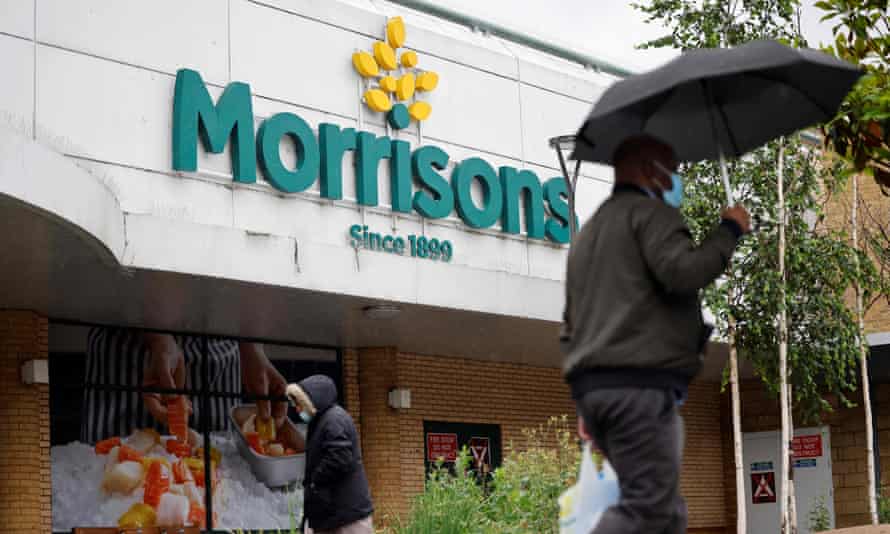
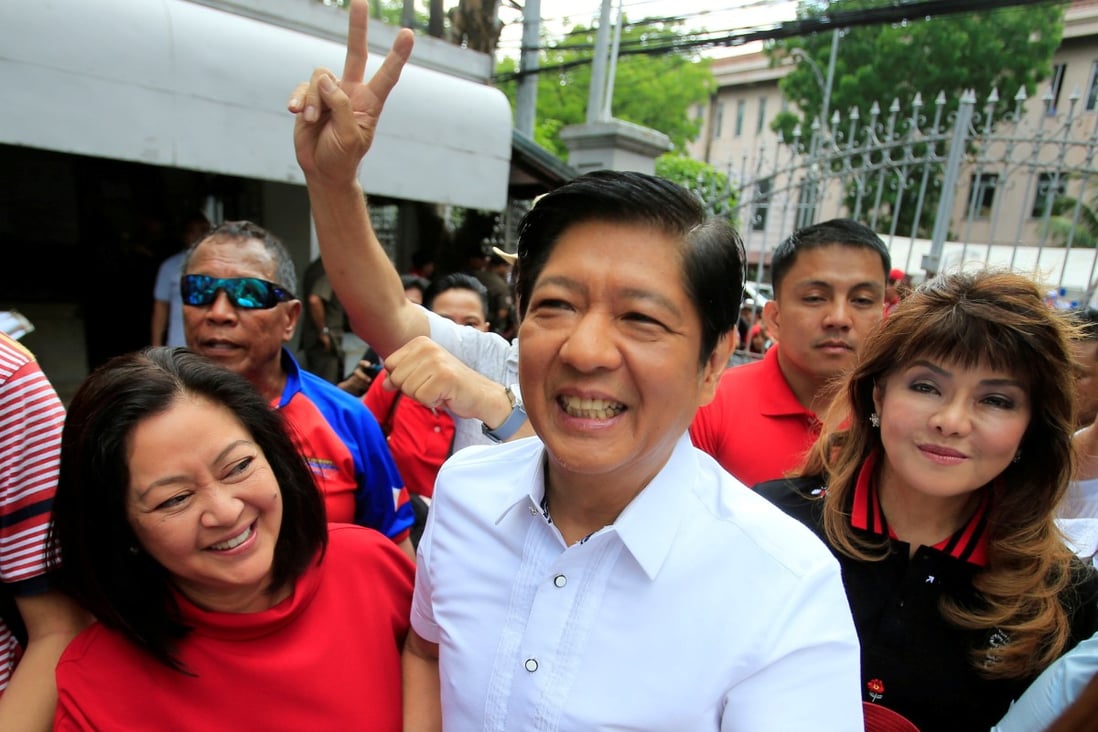
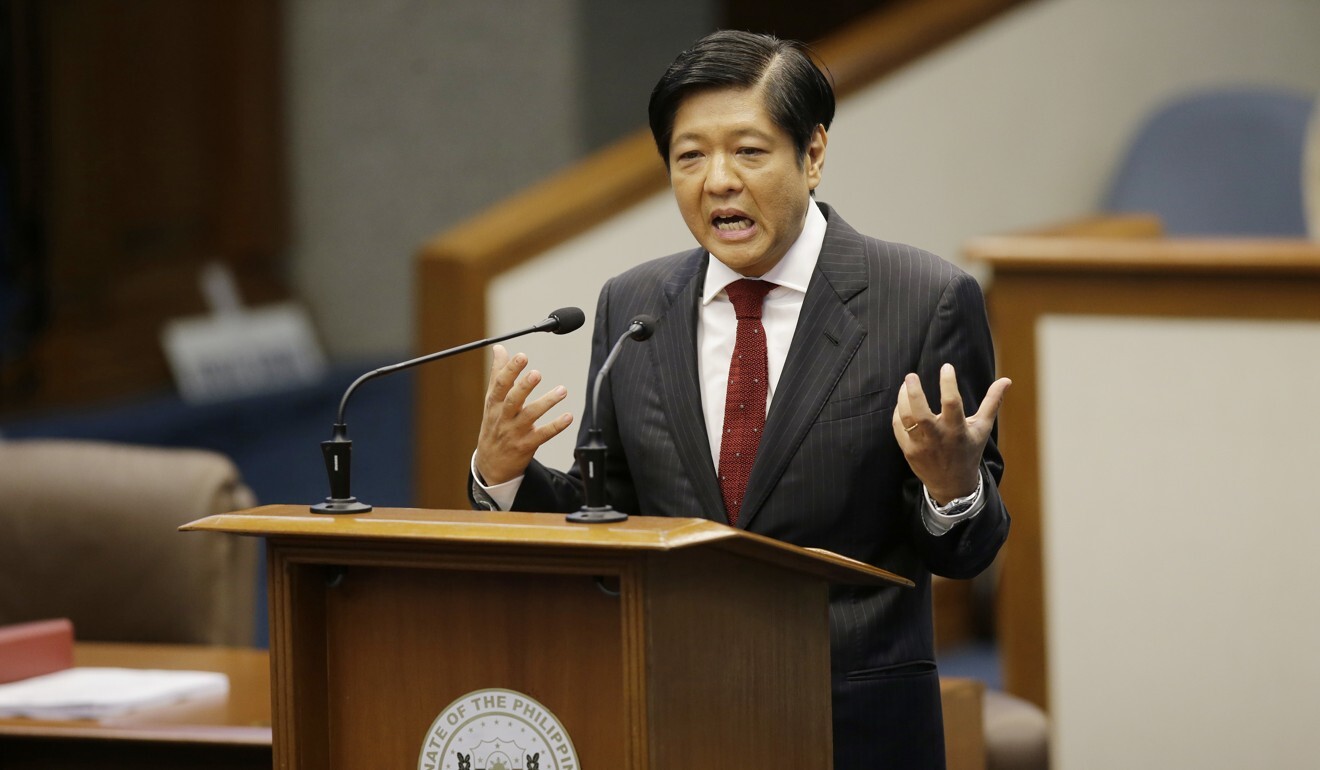
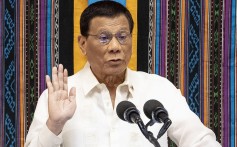


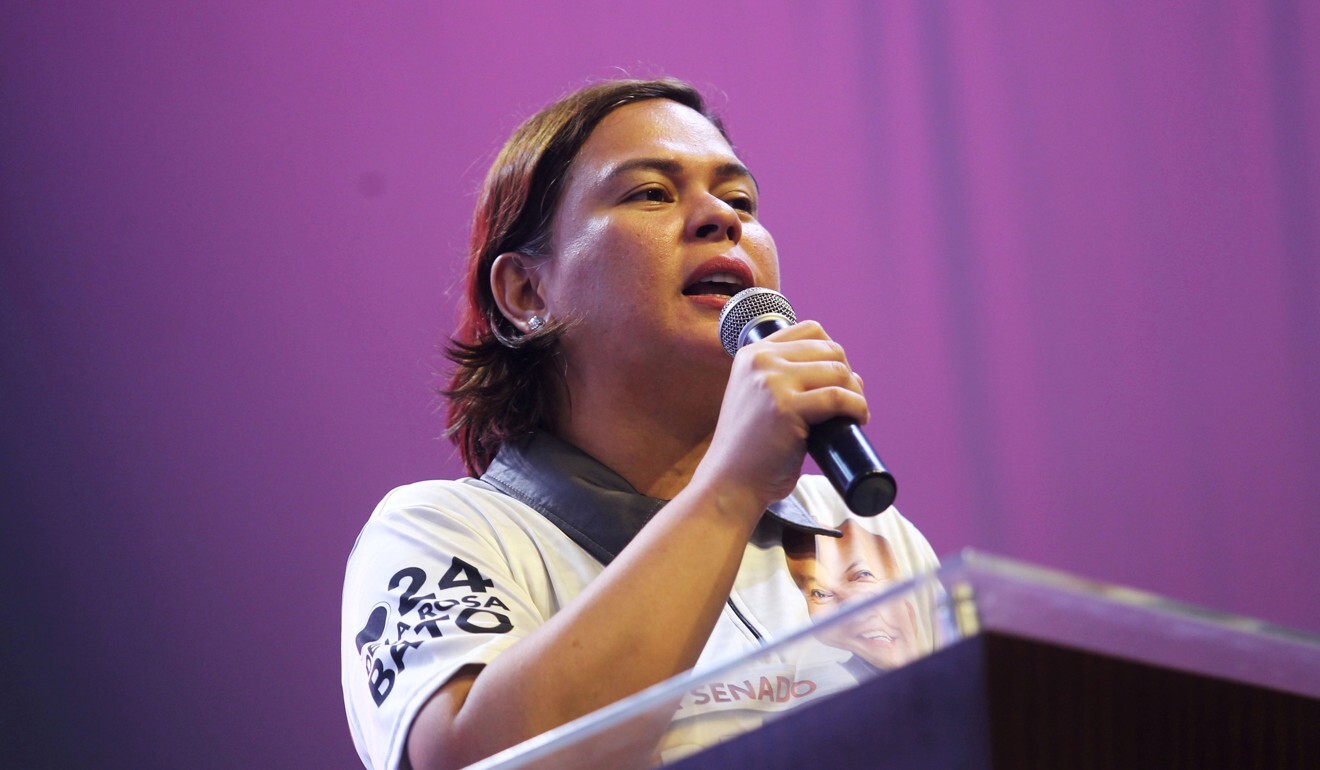
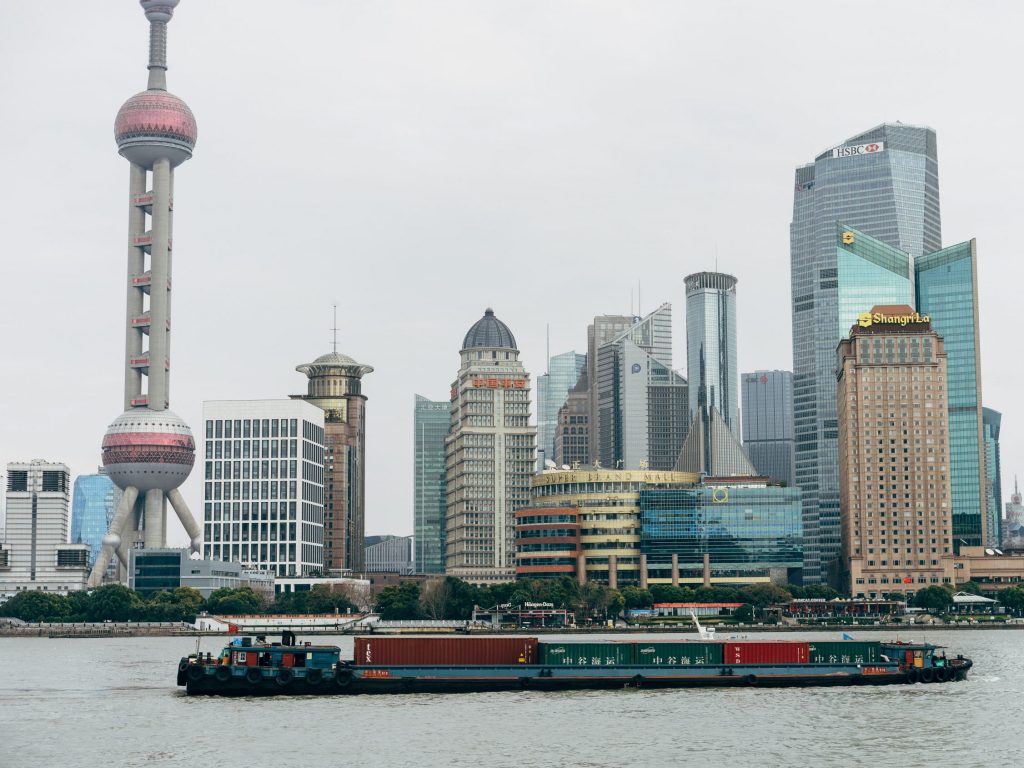
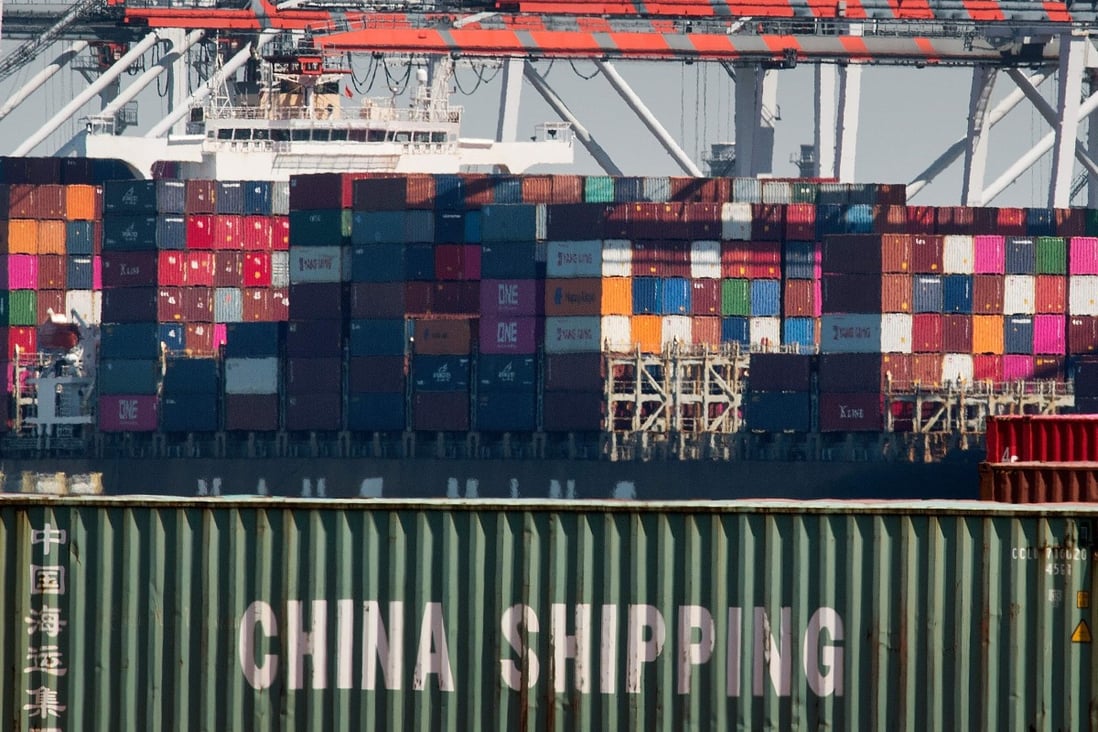




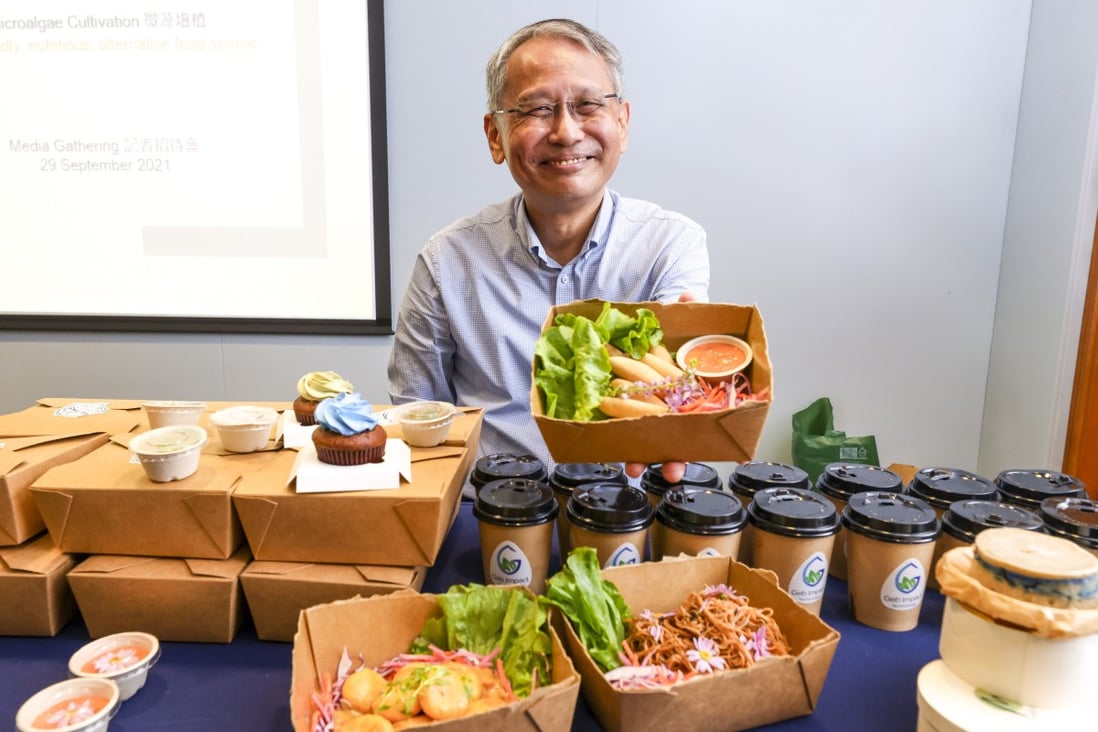
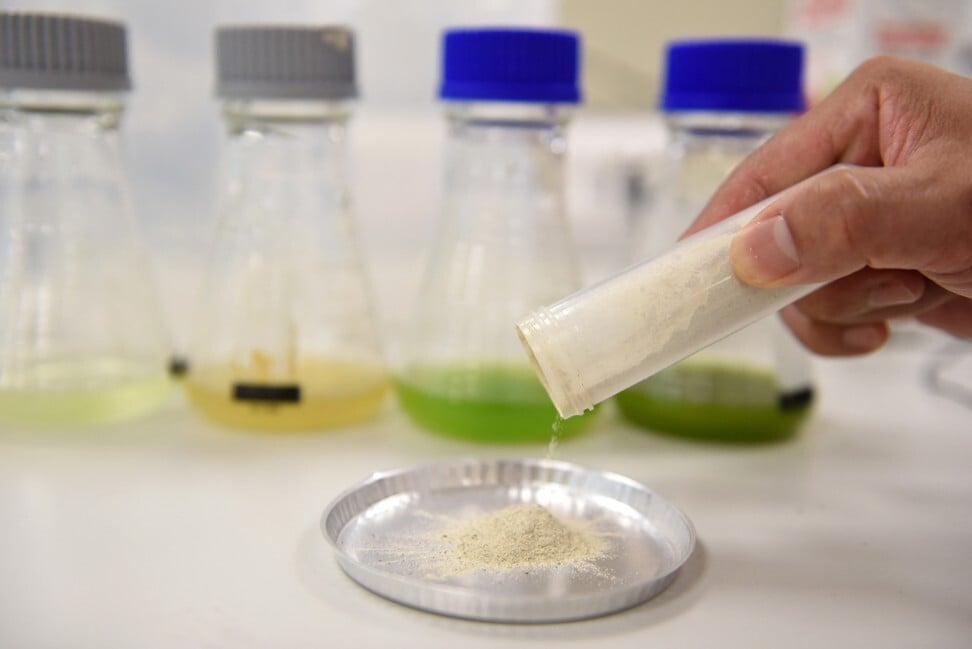

:focal(1920x1079:1921x1080)/https://tf-cmsv2-smithsonianmag-media.s3.amazonaws.com/filer_public/ce/fc/cefcf474-82d7-4060-8ea0-c1b3177e463f/dlmvzjxx0aa8owi.jpeg)